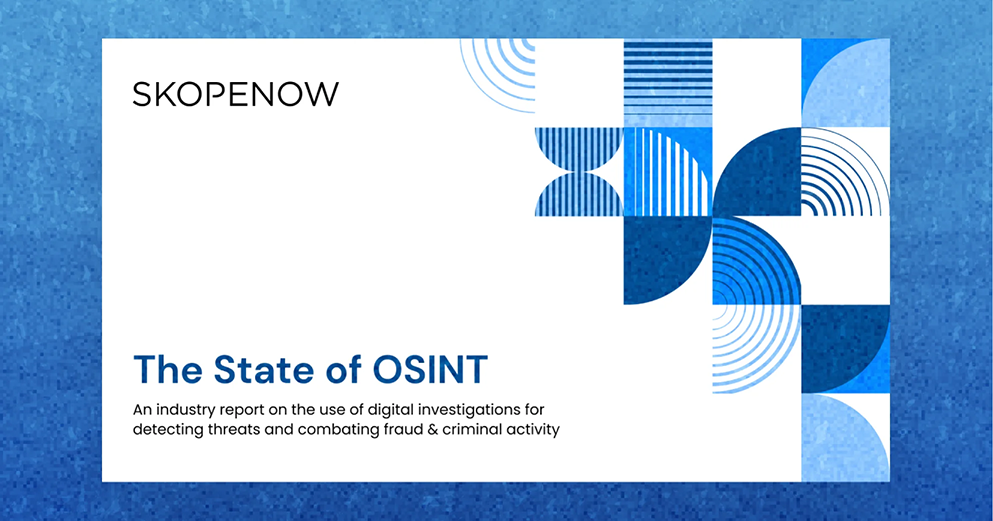July 28, 2016
Social Media & the Litigation Process
Steve Adams
Gone are the days of painstaking research. With increasing advances in technology, research is getting easier and more accessible. When it comes to social media, you have a wealth of knowledge at your disposal. In fact, social media is such a useful tool that it’s becoming part of common practice in litigation. At the click of a button, lawyers have access to information that can be used in court. Check out how social media has reformed the litigation process.
Background Knowledge.
Social media is used more frequently to gather data about various parties involved in a case. Information about everyone involved in a case, from judges to witnesses, can be beneficial when it comes to gathering intel. In fact, it’s becoming common practice when it comes to working on a case.
Be Wary of Ethics.
When it comes to using social media to further a case in a court of law, it’s important to keep ethics in mind. While public information is allowed to be used, you start to move into a gray area when it comes to friending for the sole purpose of gathering intel. Plus, it’s important to be wary when using social media so that the identity of a client isn’t compromised, or so that you don’t overstep the bounds of your jurisdiction.
Keep the Rules of Evidence in Mind.
While social media can be helpful in a court of law, remember that sufficient evidence is needed. The use of social media as evidence is arbitrary. In some cases it may be allowed, however in others it may be overruled. Before you get carried away with using social media to prove your case, remember to consider how it will be considered as evidence before a judge.
Using social media in a court of law can benefit your case. Enlist the help of an expert people search engine for the research assistance that you need. Contact the professionals at Skopenow to help you get the digital information that you need.


